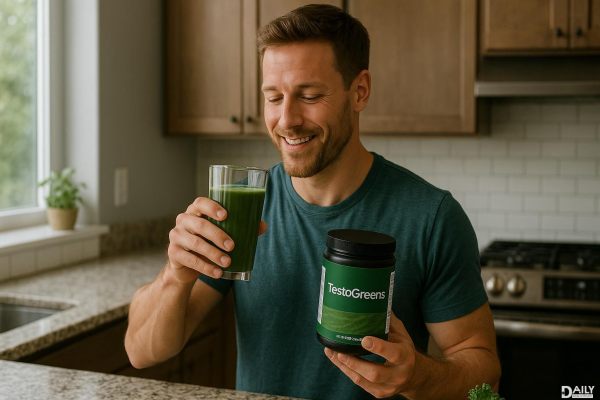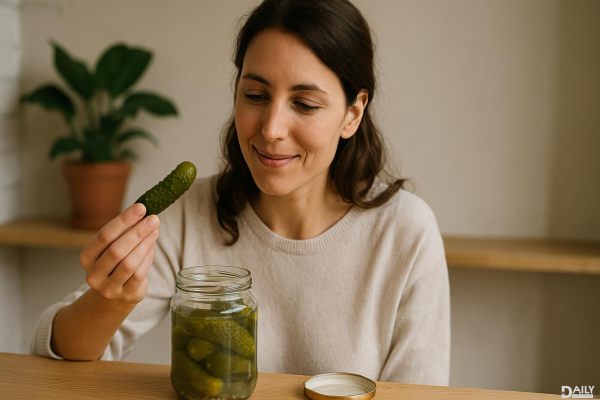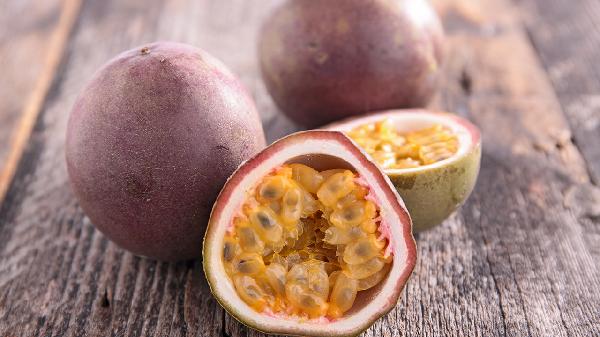When it comes to boosting male fertility, the internet is flooded with miracle diets promising to turn swimmers into Olympians overnight. But let’s cut through the noise—some of these so-called fertility-boosting meal plans are legit, while others are just dressed-up snake oil. The truth? What you eat absolutely impacts sperm health, but there’s no magic kale smoothie that’ll override years of bad habits. Science shows that nutrients like zinc, folate, and omega-3s play a role in sperm quality, while processed junk and excessive booze can drag it down. So yeah, diet matters—just don’t expect a six-pack of supplements to replace common sense.
The Science Behind Sperm and Supper
Researchers have spent decades connecting the dots between diet and male fertility, and the findings are clearer than a freshly wiped microscope slide. Sperm production is a nutrient-hungry process, and deficiencies in key vitamins or minerals can throw a wrench in the works. For example, low zinc levels are linked to reduced sperm count and motility, while antioxidants like vitamins C and E help protect sperm DNA from oxidative damage—think of them as tiny bodyguards for your genetic material. On the flip side, diets high in trans fats (looking at you, fast-food fries) and sugar can lead to inflammation and hormonal imbalances that sabotage sperm quality. So while no single food is a silver bullet, stacking your plate with whole, nutrient-dense ingredients gives your boys a fighting chance.
Fertility Superfoods—Or Just Super Hyped?
Walk into any health food store, and you’ll find shelves of products labeled “fertility boosters,” from maca root powder to oyster extract. But before you drop half your paycheck on exotic supplements, let’s talk about what actually works. Walnuts, for instance, are packed with omega-3s and antioxidants that studies suggest may improve sperm vitality. Dark leafy greens like spinach deliver folate, which is crucial for DNA synthesis. And then there’s the age-old oyster myth—yes, they’re high in zinc, but no, pounding a dozen at happy hour won’t suddenly turn you into a fertility god. The real power move? Consistency. A Mediterranean-style diet rich in fish, nuts, and olive oil has been linked to better sperm parameters than any quick-fix supplement.
The Dirty Dozen: Foods That Tank Sperm Health
If fertility were a video game, these foods would be the final bosses you need to avoid. Processed meats like hot dogs and bacon are loaded with nitrates and preservatives that may harm sperm DNA. Soy products, despite being a plant-based protein source, contain phytoestrogens that could mess with hormone balance if consumed in excess. And while a beer or two won’t wreck your chances, heavy alcohol use is like sending your sperm through a gauntlet of oxidative stress. Even that daily energy drink habit could be a problem—excess caffeine has been tied to decreased sperm concentration. The takeaway? Moderation is key, but some foods deserve a hard pass if you’re serious about optimizing fertility.
Supplements: Helpful or Just Expensive Pee?
The supplement aisle is a minefield of bold claims and questionable ingredients, so let’s separate the wheat from the chaff. Coenzyme Q10 (CoQ10) has shown promise in improving sperm motility, and folic acid isn’t just for pregnant women—it’s essential for sperm production too. But here’s the kicker: popping pills won’t compensate for a crappy diet. Overloading on synthetic vitamins can even backfire, as excess nutrients like selenium become toxic. And those “testosterone boosters” marketed to gym bros? Most are underdosed or packed with fillers. If you’re considering supplements, consult a doc and focus on evidence-based options—otherwise, you’re just paying for glorified hydration.
Lifestyle Tweaks That Outperform Any Diet
Newsflash: You can eat all the organic pomegranates in the world, but if you’re stressed, sleep-deprived, or glued to a sauna-like laptop, your sperm won’t stand a chance. Chronic stress spikes cortisol, which can torpedo testosterone levels, while poor sleep disrupts the hormonal symphony needed for healthy sperm production. Even something as simple as swapping tighty-whities for breathable boxers can make a difference—overheating the family jewels is a known fertility buzzkill. And if you’re a smoker, here’s another reason to quit: tobacco smoke contains toxins that damage sperm DNA. Bottom line? Diet is a big piece of the puzzle, but it’s not the only one.
At the end of the day, men’s fertility diets aren’t a scam—they’re just one tool in a bigger toolbox. Loading up on nutrient-rich foods, ditching the junk, and pairing it all with smart lifestyle choices creates the best environment for healthy sperm. But if you’re expecting overnight results from a $50 bottle of “virility berries,” you might wanna recalibrate those expectations. Fertility is a marathon, not a sprint, and the best diet is the one you can stick with long-term. Now pass the salmon and walnuts—your future kids (or current swimmers) will thank you.
























